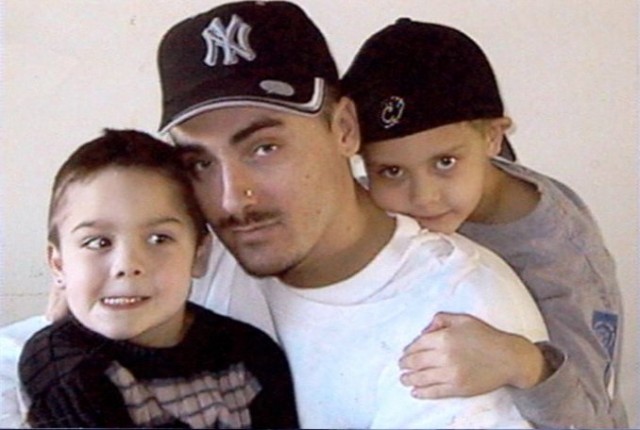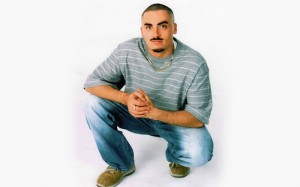 Thanks to mandatory sentencing laws, Weldon Angelos, a father of two, has been sentenced to 55 years in jail for selling cannabis. In this case even the judge who gave the sentence protested the severity of the penalty. Judge Paul Cassell decried the sentence he was required to make in 2004 calling it, “the most unjust, lengthy sentence that I had to hand down.”
Thanks to mandatory sentencing laws, Weldon Angelos, a father of two, has been sentenced to 55 years in jail for selling cannabis. In this case even the judge who gave the sentence protested the severity of the penalty. Judge Paul Cassell decried the sentence he was required to make in 2004 calling it, “the most unjust, lengthy sentence that I had to hand down.”
To put the sentence in perspective, Judge Cassell even remarked that Angelos’ sentence exceeded minimum sentences for the crimes of airline hijacking, detonating a bomb intended to kill bystanders, and the exploitation of a child for pornography. Despite the fact that the crime was a non-violent one, federal mandatory minimums designate the 55 year sentence because Angelos was carrying a firearm in a series of cannabis transactions with a Salt Lake City police informant. So the illogical mandatory minimum sentencing laws of the legal system condemns Angelos to rot in prison until he reaches his eighties.
Angelos has already spent 11 years in prison, with no options for parole — only a pardon from the President of the U.S. would release him. This case illustrates perfectly the extreme severity of the federal government’s stance on weed. It is quite plainly overkill, the punishment does not match the crime.
 “If we’re going to deprive someone of liberty, and deal with the high cost of incarceration, it better solve a problem. And in this case, it doesn’t solve any problem,” said Mark Osler, Angelos’ lawyer.
“If we’re going to deprive someone of liberty, and deal with the high cost of incarceration, it better solve a problem. And in this case, it doesn’t solve any problem,” said Mark Osler, Angelos’ lawyer.
But a Koch-brother backed group, Generation Opportunity, seeks to aid Angelos and other millennials who face similar sentencing. Yes, despite the negative reputation of the Koch brothers as Republican private business owners tied to big oil companies and their massive presidential campaign spending, they are seeking legal reform for unjust imprisonment for drug related crimes.
The campaign is working with groups like the Heritage Foundation, ALEC, and the Federalist Society, to achieve the goals of securing more money for public defenders, decrease sentencing differences that affect the less financially secure, reform mandatory minimum sentencing, and help prisoners with programs to aid them in readjusting to society when they leave prison. Generation Opportunity will use the Angelos case to highlight the injustice of the legal system, beginning their campaign with the release of a documentary about Angelos’ situation.
“[This year] offers a unique moment in history in which people of different backgrounds and political leanings are coming together to facilitate a substantive dialogue on how to fix [the criminal justice system],” said Evan Feinberg, Generation Opportunities president. “We can work towards a more just system that reflects the rule of law without over criminalizing non-violent offenses.”









